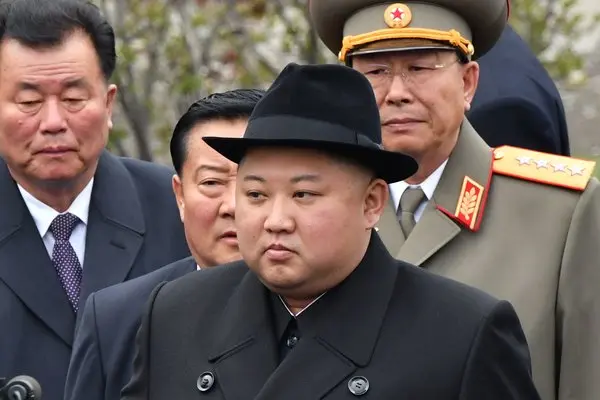North Korea’s leader, Kim Jong Un, made a rare overseas visit to Russia, arriving via an armored train accompanied by top arms industry and military officials, as well as the North Korean foreign minister. This visit is under close scrutiny by US-led Western countries, particularly as Washington recently cautioned North Korea against engaging in a possible arms deal to support Moscow’s involvement in the Ukraine conflict.
Kremlin spokesman Dmitry Peskov confirmed that the visit would involve full-fledged negotiations between the delegations, with the possibility of one-on-one communication between the leaders.
Experts view this visit as emblematic of a new Cold War alignment, with North Korea, Russia, and China on one side, facing off against South Korea, Japan, and the United States. If North Korea proceeds with supplying arms to Russia, it could lead to an escalation of already substantial Western sanctions against the country.
Why North Korea Is Interested in Russia?
Experts suggest that Russia offers a range of resources that are in demand in North Korea’s troubled economy. Cho Han-bum, a senior research fellow at the Korea Institute for National Unification, noted that Russia is an exporter of food, fertilizer, and energy, all of which align with North Korea’s needs.
Joseph Dempsey, a researcher at the International Institute for Strategic Studies, pointed out that North Korea may seek to acquire key technologies, knowledge, and manufacturing capacity from Russia to advance and sustain its arms industry.
Additionally, North Korea’s proximity to Russia can yield diplomatic benefits, serving as a message to China. Park Won-gon, a professor at Ewha University, highlighted North Korea’s historical practice of “pendulum diplomacy” between China and the Soviet Union during the Cold War era, maximizing its own benefits.
What Russia Wants from North Korea?
Apart from political validation, Russia has a particular interest in acquiring artillery shells that can be readily integrated. Joseph Dempsey noted that North Korea likely possesses significant stockpiles of Soviet-era legacy artillery shells and artillery systems, which could help replenish depleted Russian inventories resulting from the Ukraine conflict.
Furthermore, North Korea has demonstrated a willingness to resist Western sanctions. Reports suggest that in 2022, North Korea supplied the Wagner Group with infantry rockets and missiles, indicating its readiness to engage in activities that challenge Western restrictions.
